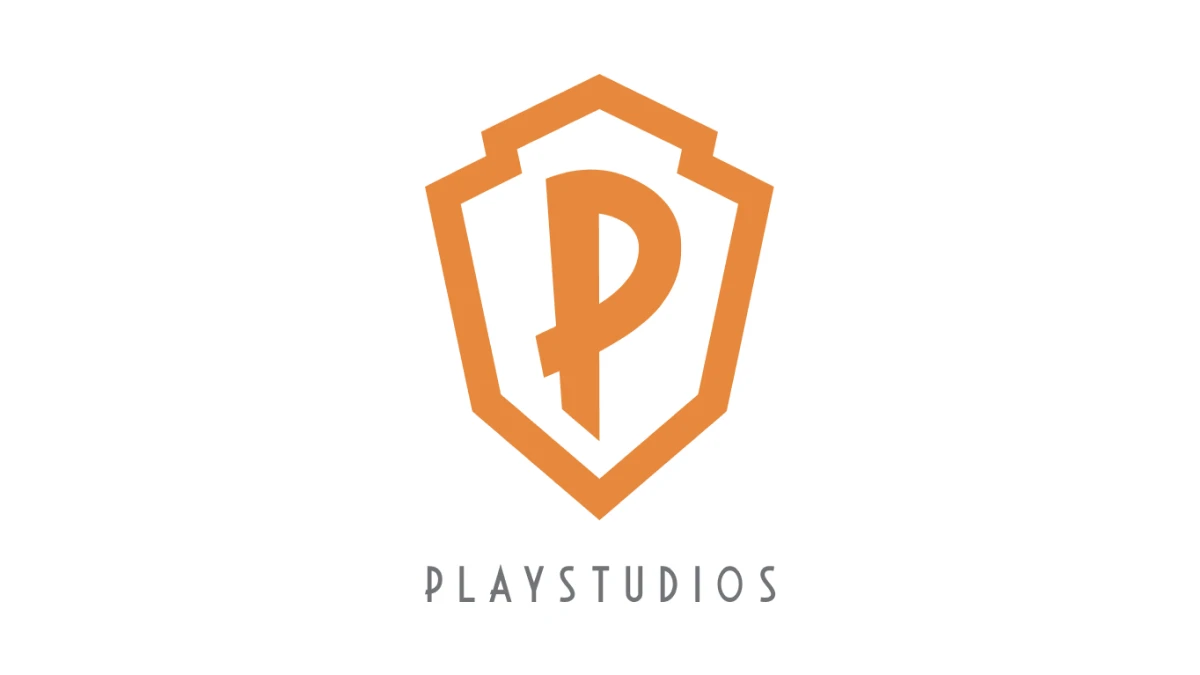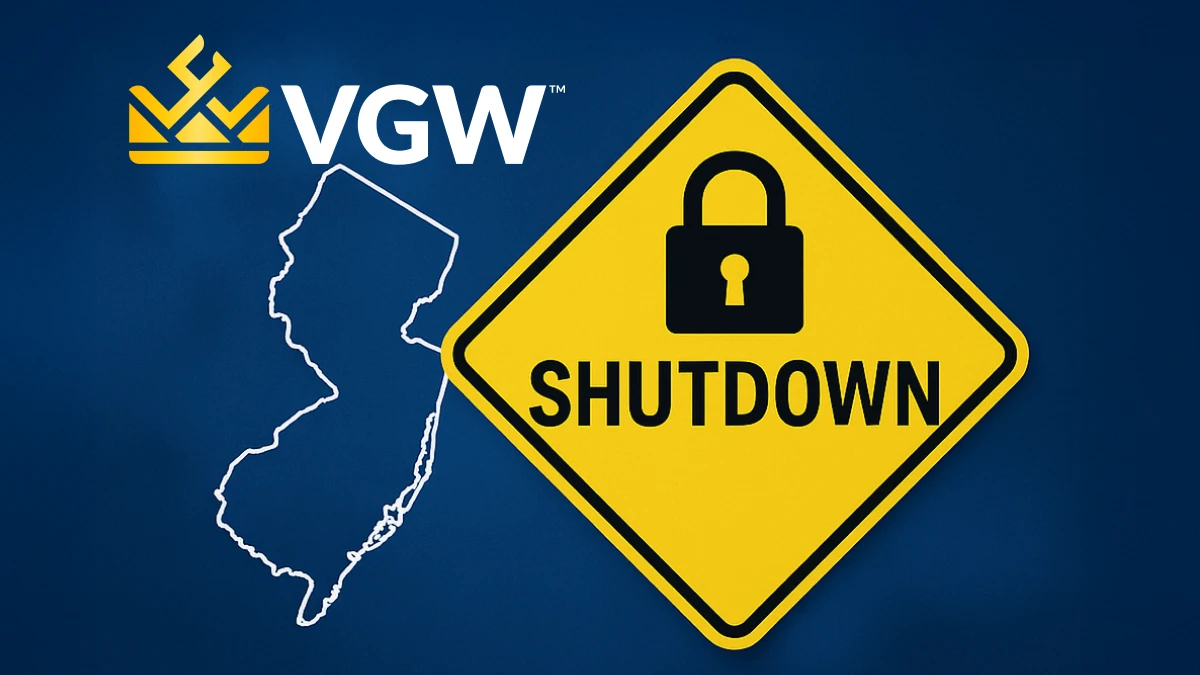Sweepstakes Operator Stake.us Sued by California Player for Unfair Business Practices

1.0
Default
A player from California has filed a lawsuit against sweepstakes casino operator Sweepsteaks Limited, which operates Stake.us. Dennis Boyle has allegedly lost money with the sweepstakes casino, and he is a gambling addict who says that Stake.us provides real-money online gambling that pretends to be 'free gaming.'
California's online gambling landscape is under scrutiny as Stake, a prominent gambling brand, faces a lawsuit in a federal court. The case, originally filed on the 14th of February in a state court, was later remanded to a federal court. The plaintiff, Dennis Boyle, a resident from California and former gambling addict, alleges that Stake’s social casino and sweepstakes platform, Stake.us, operates as an illegal gambling website.
Allegations of illegal gambling
According to court documents, Boyle has filed the lawsuit against Sweepsteaks Limited, the entity behind Stake.us, claiming that the company falsely markets real-money wagering as free gaming. The suit argues that Stake's operations violate the civil code of California by engaging in unlawful gambling and unfair business practices. The complaint states, "Because social casinos operate as if they are not subject to gambling regulations, they do not comply with the regulations that govern the operation of slot machines or other gambling."
Boyle contends that Stake.us functions illegally in California, a state that prohibits online gambling offerings such as slot machines, roulette, and blackjack. He further claims that the sweepstakes platform's digital currencies, Stake Cash as well as Gold Coins, serve as proxies for real-money betting, fostering gambling addiction as they entice players to continue playing.
"A user playing promotional games with Stake Cash is gambling in the purest sense - they are wagering something of value (Stake Cash) on a random event with the hope and intent of winning more Stake Cash than wagered," the complaint reads.
Boyle takes his accusations a step further, comparing Stake's business model to the opioid crisis in America. He argues that the platform's monetization of addiction reflects similar exploitative practices used in the pharmaceutical industry, which has faced numerous legal battles over the past decade.
Allegations of unfair business practices
Beyond the claims of unlawful gambling, Boyle's lawsuit also accuses Stake of engaging in unfair business practices. A major point of contention is the company's play-through requirement to acquire Stake Cash. The complaint highlights that the platform enforces a 300% wagering requirement on promotional giveaways and welcome bonuses, compelling players to bet large amounts before being able to redeem their winnings.
The lawsuit claims that this requirement is deliberately designed to keep users engaged and continuously wagering with the platform. Additionally, Boyle accuses Stake of manipulating casino results rather than offering a fair and randomized gaming experience. The suit alleges that Stake's social casino system maximizes addiction by tailoring players' wins and losses to keep players hooked, ultimately preventing them from experiencing a fair gambling environment.
Although Boyle's individual claims do not go over $75,000, his primary goal is to obtain public injunctive relief. The lawsuit seeks to shut down Stake.us in California, preventing the company from continuing what Boyle describes as unlawful activities that pose a risk to the general public.
Boyle's legal history against social casinos
This is not Boyle's first lawsuit against an online gambling brand. Earlier this year, he took legal action against social sweepstakes casino Pulsz and its parent company, Yellow Social Interactive, filing a lawsuit in Orange County. The suit accuses Pulsz of operating an offshore criminal enterprise and using misleading terms such as 'sweepstakes' and 'social gaming' to attract users.
Boyle's complaint against Pulsz highlights concerns about the company's responsible gaming standards, which suggest that players should not seek treatment for gambling addiction unless their symptoms are severe and have persisted for at least 12 months. He further stated that Pulsz's digital currencies serve as a front for real-money gambling, operating in a manner similar to Stake's virtual cash system.
The Pulsz lawsuit also alleges that the platform fails to randomize its social casino results, much like Stake, and provides users with access to online slot games that are banned across California. Boyle is seeking a public injunction against Pulsz to halt its operations within the state.
Stake has yet to publicly respond to the allegations. However, the outcome of this legal battle could have significant implications for the online gambling industry, particularly for platforms that market themselves as free-to-play while still incorporating real-money wagering mechanisms.








_800x800.webp)











